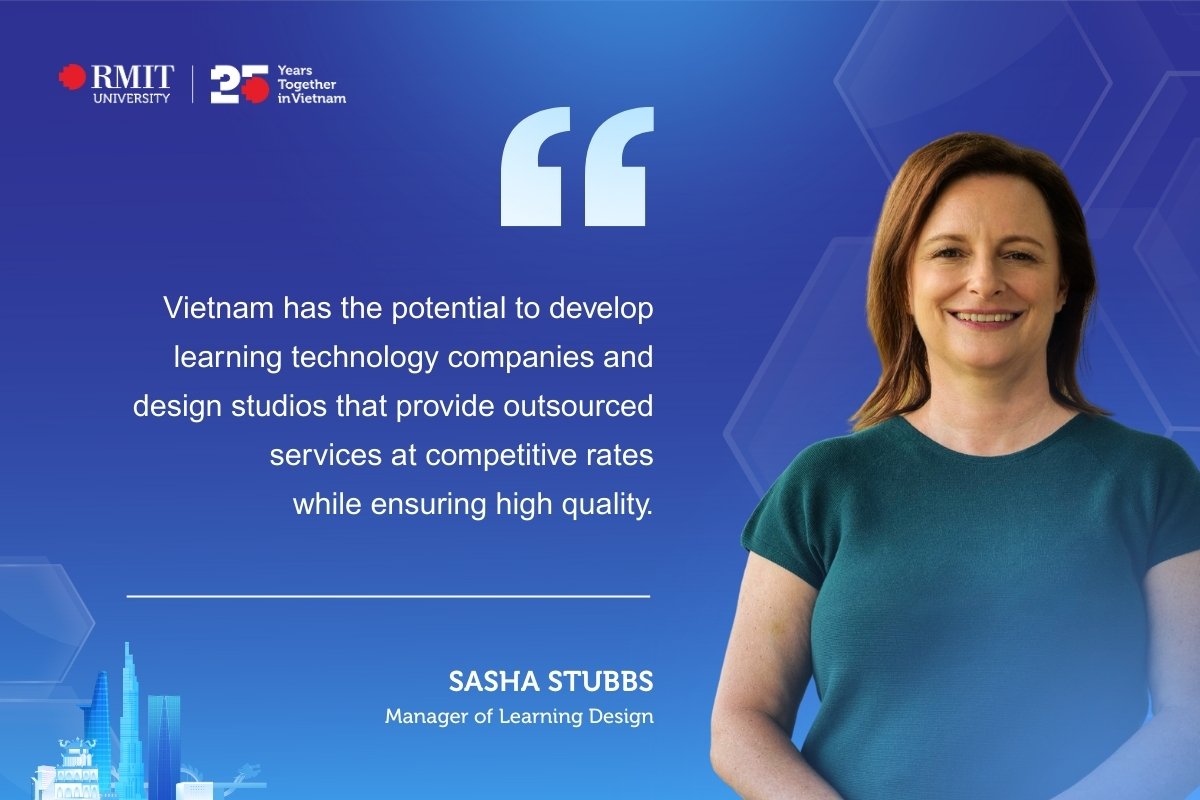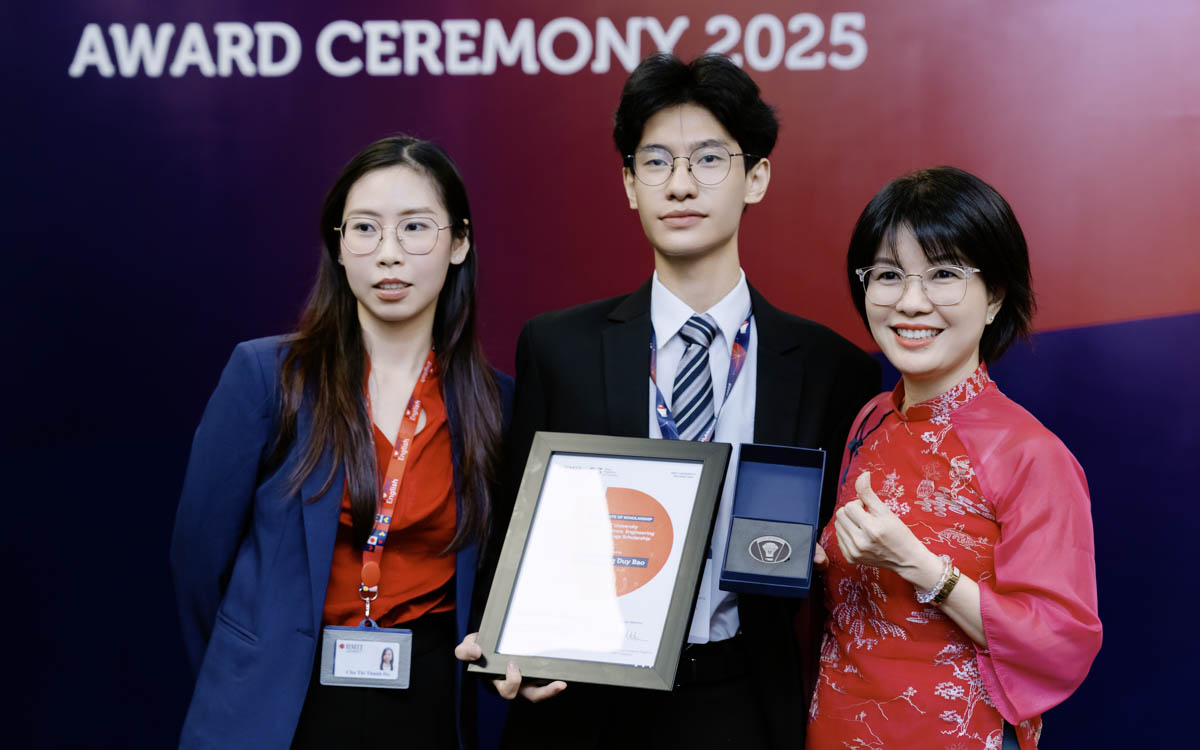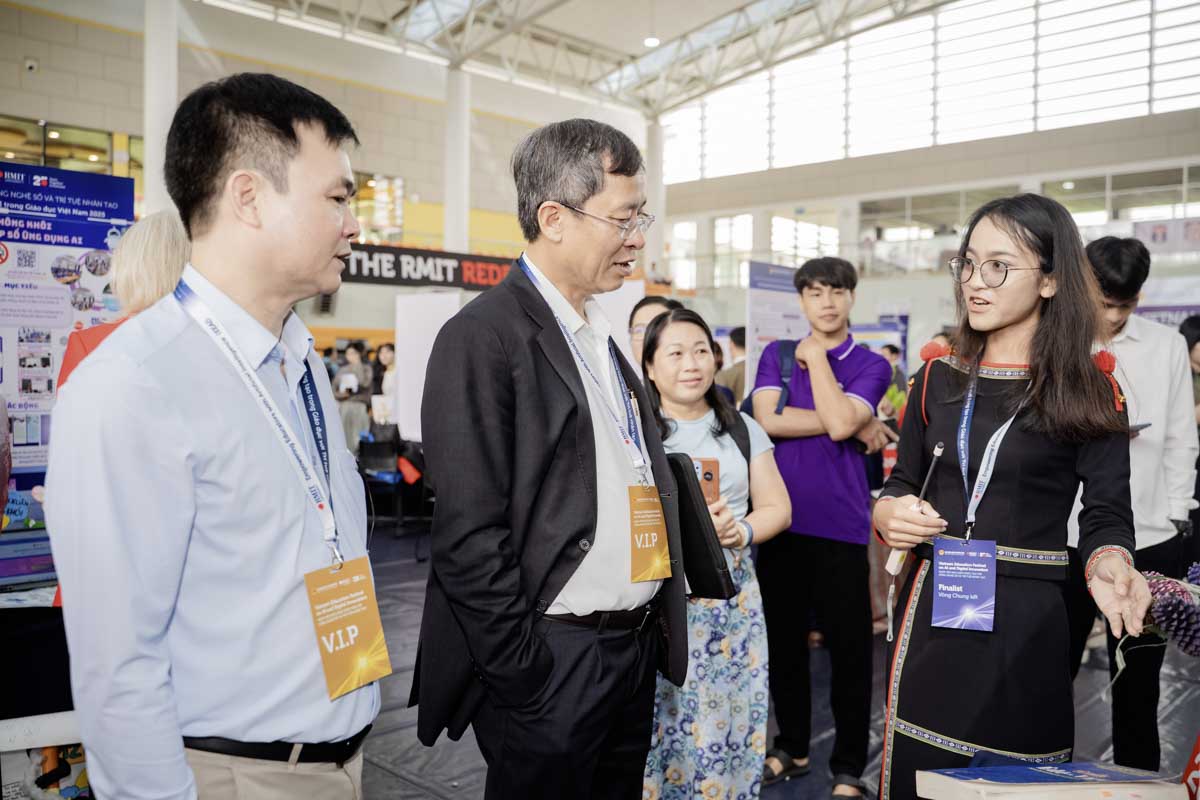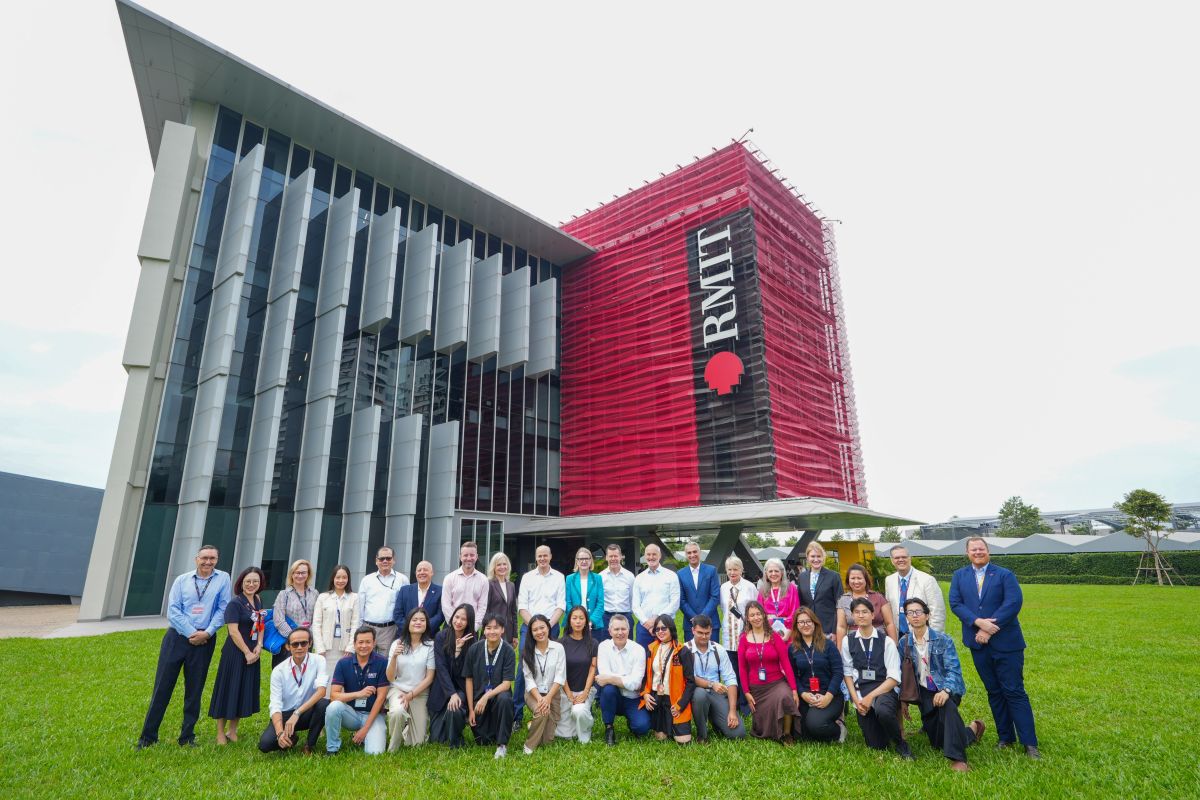This means universities must shift to modular, flexible offerings like micro credentials and stackable degrees. Ms Stubbs believed Vietnamese institutions will follow the lead of top international universities already pioneering such formats. “Vietnamese universities will likely start offering smaller, more flexible types of learning to suit working professionals and people at different stages of life.”
Blended learning, combining online flexibility with in-person engagement, is rapidly gaining traction. At RMIT Vietnam, over 200 courses have undergone digital transformation.
“Our three Platinum LearnX awards for Innovation, Learning Design and Online Learning, and international conference presentations are a testament to the quality of our work,” she said. “It demonstrates the exceptional potential and quality of Vietnamese talent in learning design.”
Ms Stubbs sees AI as a transformative force, not just for students but also for educators. “AI can support learning designers by automating routine tasks, helping to generate initial content drafts, creating interactive simulations, and personalising learning experiences at scale.”
Through secure tools like RMIT’s in-house AI agent “Val” and collaborative initiatives like the “GenAI for Course Creation” project, Vietnamese teams are showing they can not only keep pace, but lead. “This international collaboration demonstrated how Vietnamese learning designers bring valuable expertise and capabilities that match and even exceed those of their counterparts in more established markets.”
Ms Stubbs also pointed to the rise of “third space” careers – learning designers, technologists, and digital content specialists – as a growing professional frontier. “Vietnam, with its young, dedicated, English speaking, and technically skilled workforce, could become a hub for these professionals, serving both domestic and international markets.”
The global Online Program Management (OPM) market is projected to reach $7.7 billion by 2025. Ms Stubbs saw this as a major opportunity: “Vietnam has the potential to develop learning technology companies and design studios that provide outsourced services at competitive rates while ensuring high quality.”






